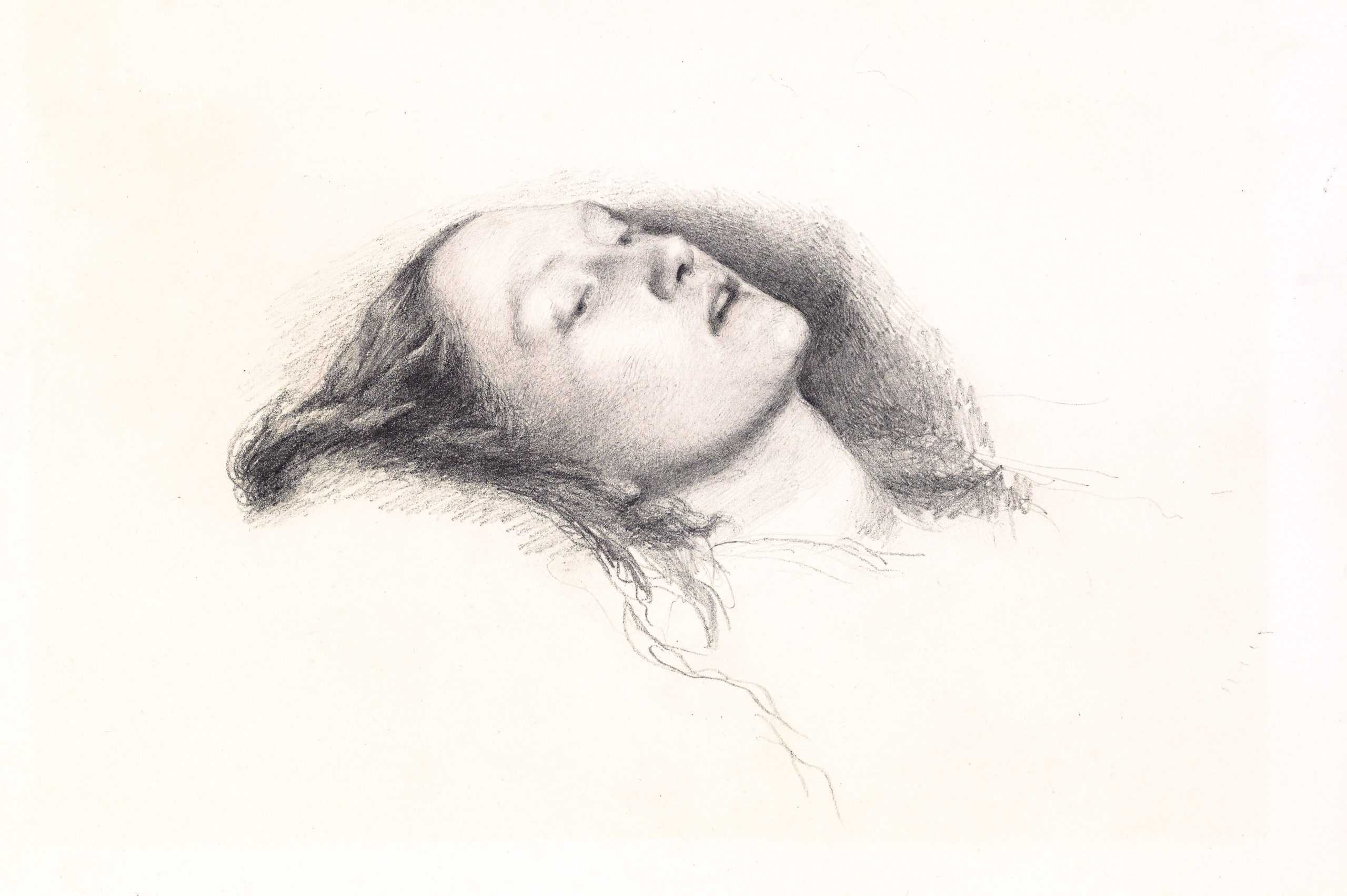OCD Teeth Obsession? How to Recognize Obsessive Behavior

Obsessive-Compulsive Disorder (OCD) is a complex mental illness that manifests in a myriad of ways, often through relentless and distressing obsessions and compulsions. One less-discussed yet profoundly impactful manifestation is the “OCD Teeth Obsession.”
This article delves into the intricate world of dental-related obsessions, shedding light on what they entail, how they can affect individuals, and, most importantly, how to recognize these obsessive thoughts.
An OCD Teeth Obsession is marked by an unwavering fixation on one’s dental health, oral health and appearance, often accompanied by compulsive rituals (repetitive behaviors) aimed at achieving perceived perfection.
If you’ve ever wondered what OCD would say if it could talk, you’re not alone. My ebook, Listen Up: OCD is Talking, takes you inside the mind of OCD to reveal its tactics and how to overcome them.
Related Articles – What Are OCD Triggers And How To Deal With Them
Why You’re Obsessed with Teeth: Unraveling the Underlying Factors
Understanding the root causes and underlying factors that drive an obsession with teeth is an essential step in recognizing and addressing this complex issue.
An obsession with teeth, often associated with Obsessive-Compulsive Disorder (OCD), can be influenced by a variety of psychological, emotional, and environmental factors.
Let’s explore some of the key contributors to this obsession:
Anxiety and Stress
Anxiety, particularly health-related anxiety, plays a significant role in dental related factors.
Individuals who experience high levels of stress and anxiety may fixate on their teeth (specifically front teeth) as a way of channeling their worries into a tangible focus.
Teeth become symbolic of their overall well-being, and any perceived imperfection can trigger obsessive thoughts.
Perfectionism
Many people with dental obsessions are perfectionists. They set exceptionally high standards for the appearance and health of their teeth, often unrealistically so.
This desire for dental perfection can lead to compulsive behaviors like excessive brushing, flossing, or visiting the dentist repeatedly to achieve an unattainable ideal.
Fear of Consequences
Some individuals with an OCD Teeth Obsession are driven by a profound fear of the consequences of not maintaining perfect oral hygiene.
They may worry obsessively about tooth decay, gum disease, or other dental problems, even if there is no evidence to support these concerns. This fear drives compulsive dental practice routines.
Childhood Influences
Past experiences, particularly during childhood, can significantly shape our attitudes and behaviors.
Traumatic or negative dental experiences during childhood, such as painful dental procedures or criticism related to oral hygiene, can leave lasting psychological scars and contribute to obsessive behaviors in adulthood.
Media and Social Pressures
The portrayal of flawless smiles in media, advertising, and social platforms can foster unrealistic beauty standards.
Constant exposure to images of perfect teeth can lead to a heightened awareness of dental imperfections and fuel dental obsessions.
Genetics and Family History
There is evidence to suggest that genetics can play a role in OCD and related disorders.
If you have a family history of OCD or other anxiety disorders such as anxiety disorders and panic disorder, you may be at a higher risk of developing an obsession with teeth.
Coping Mechanism
For some individuals, obsessing over their teeth serves as a coping mechanism for dealing with broader life challenges or emotional distress.
Focusing on dental care provides a sense of control and distraction from other stressors.
Understanding why you’re obsessed with teeth requires introspection and, often, the guidance of a mental health professional.
Identifying the underlying factors can be a crucial step toward breaking the cycle of obsessive thoughts and compulsive behaviors.
Recognize that dental obsessions are treatable, and seeking help is a positive and courageous step toward achieving a healthier perspective on oral hygiene and overall well-being.
Related Articles – Is OCD a Type of Autism?
Common Symptoms and Signs of OCD Teeth Obsession

Obsessive-Compulsive Disorder (OCD) can manifest in various ways, and an obsession with teeth is a distinct subtype. Recognizing the common symptoms and signs of OCD Teeth Obsession is essential for early intervention and seeking appropriate treatment.
If you or someone you know is experiencing these symptoms, it’s crucial to seek professional help.
Here are the typical signs and symptoms:
Excessive Checking
Individuals with OCD Teeth Obsession often engage in excessive checking behaviors related to their teeth.
This may include repeatedly inspecting their teeth in mirrors, looking for perceived imperfections or signs of dental problems.
Compulsive Brushing and Flossing
An obsessive focus on dental hygiene can lead to compulsive behaviors, such as brushing and flossing teeth far more frequently than necessary. These rituals are driven by an intense fear of dental issues.
Frequent Dental Appointments
People with an OCD Teeth Obsession may schedule dental appointments far more often than recommended by dentists.
They seek reassurance from dental professionals about the health and appearance of their teeth.
Fear of Contamination
Some individuals with dental obsessions may have an irrational fear of contamination or oral hygiene-related illnesses.
This fear can lead to excessive cleaning and disinfecting of dental tools or avoidance of certain foods or beverages.
Distorted Self-Perception
An obsession with teeth can result in a distorted self-perception.
Individuals may perceive minor flaws or irregularities in their teeth as severe problems, even when dental professionals assure them otherwise.
Avoidance Behavior
People with OCD Teeth Obsession may avoid certain foods or activities that they believe could harm their teeth.
This avoidance can restrict their social and daily life, impacting their overall quality of life.
Anxiety and Distress
The obsession with teeth and the associated compulsions cause significant anxiety and distress. Individuals often ruminate about their dental health, leading to heightened emotional turmoil.
Time-Consuming Rituals
Dental obsessions can be time-consuming. Individuals may spend hours each day engaged in dental care rituals, researching dental topics, or seeking reassurance about their teeth.
Impact on Relationships
OCD Teeth Obsession can strain relationships as friends and family struggle to understand the obsession’s significance and the need for constant dental attention.
Disruption of Daily Life
The obsession can disrupt daily life, affecting work, social interactions, and overall well-being. Individuals may find it challenging to focus on other aspects of life due to their overwhelming preoccupation with dental concerns.
Recognizing these symptoms and signs is a crucial first step in seeking help for OCD Teeth Obsession.
Early intervention through therapy, particularly Cognitive-Behavioral Therapy (CBT) and Exposure and Response Prevention (ERP), can be highly effective in managing and alleviating these obsessive thoughts and compulsive behaviors.
If you or someone you know is struggling with an obsession with teeth, remember that professional support is available, and recovery is possible.
Related Articles – The 5 Essential Symptoms Of OCD
How to Treat Your OCD Obsessions: Strategies for Reclaiming Control

Obsessive-Compulsive Disorder (OCD) can be challenging, but it is treatable. While there is no one-size-fits-all approach to treating OCD, a combination of therapeutic strategies and self-help techniques can significantly improve your quality of life and help you regain control over your obsessions.
Here’s a guide on how to treat your OCD obsessions:
Seek Professional Help
The first and most crucial step is to consult with a mental health professional, preferably one with expertise in OCD. They can accurately diagnose your condition and tailor a treatment plan to your specific needs.
Cognitive-Behavioral Therapy (CBT)
CBT is the gold standard for treating OCD. Specifically, Exposure and Response Prevention (ERP) is a CBT technique commonly used to address obsessions.
In ERP, you gradually expose yourself to situations that trigger your obsessions while resisting the urge to engage in compulsive behaviors.
Over time, this helps reduce the anxiety associated with your obsessions.
Medication
In some cases, medication, such as selective serotonin reuptake inhibitors (SSRIs), may be prescribed by a psychiatrist to help manage OCD symptoms.
Medication can be particularly useful when combined with therapy.
Mindfulness and Relaxation Techniques
Learning mindfulness and relaxation techniques can help you manage anxiety and intrusive thoughts.
Mindfulness practices, such as meditation and deep breathing, can help you stay grounded in the present moment and reduce the emotional distress associated with obsessions.
Challenge Irrational Beliefs
Work with your therapist to challenge the irrational beliefs that underlie your obsessions.
Recognize that OCD often involves cognitive distortions, such as catastrophizing or overestimating danger.
Developing more rational thinking patterns can be an effective part of therapy.
Create an Exposure Hierarchy
Under the guidance of your therapist, create an exposure hierarchy, starting with situations that trigger mild anxiety and gradually progressing to more challenging scenarios.
This systematic approach helps you build confidence and resilience.
Practice Self-Compassion
Be kind and patient with yourself throughout your recovery journey.
Overcoming OCD is a process that takes time and effort. Don’t be discouraged by setbacks; they are a natural part of the recovery process.
Support Groups
Consider joining a support group for individuals with OCD.
Sharing experiences with others who understand what you’re going through can provide valuable emotional support and encouragement.
Maintain Treatment Consistency
Consistency is key. Attend therapy sessions regularly and adhere to the treatment plan outlined by your therapist. Even when you start feeling better, it’s important to continue therapy to prevent relapse.
Celebrate Small Achievements
Acknowledge and celebrate your progress, no matter how small it may seem. Overcoming OCD is a series of steps, and each step forward is an achievement worth recognizing.
Remember that treating OCD obsessions is a journey, and recovery is possible with the right support and commitment to treatment.
These strategies can help you regain control over your life and reduce the impact of obsessive thoughts on your daily functioning.
It’s essential to reach out to a mental health professional to begin this process and embark on the path to a healthier, more fulfilling life.
Related Articles – Three Evidence-Based Treatments For OCD
Final Thoughts – OCD Teeth Obsession
In the intricate tapestry of Obsessive-Compulsive Disorder (OCD), where the mind weaves patterns of relentless obsessions and compulsions, the “OCD Teeth Obsession” is a unique and often hidden thread.
This article has illuminated the shadows surrounding this particular manifestation, offering insights into its nature, its impact on individuals, and, crucially, how to recognize these obsessive behaviors.
If you’ve ever wondered what OCD would say if it could talk, you’re not alone. My ebook, Listen Up: OCD is Talking, takes you inside the mind of OCD to reveal its tactics and how to overcome them.





